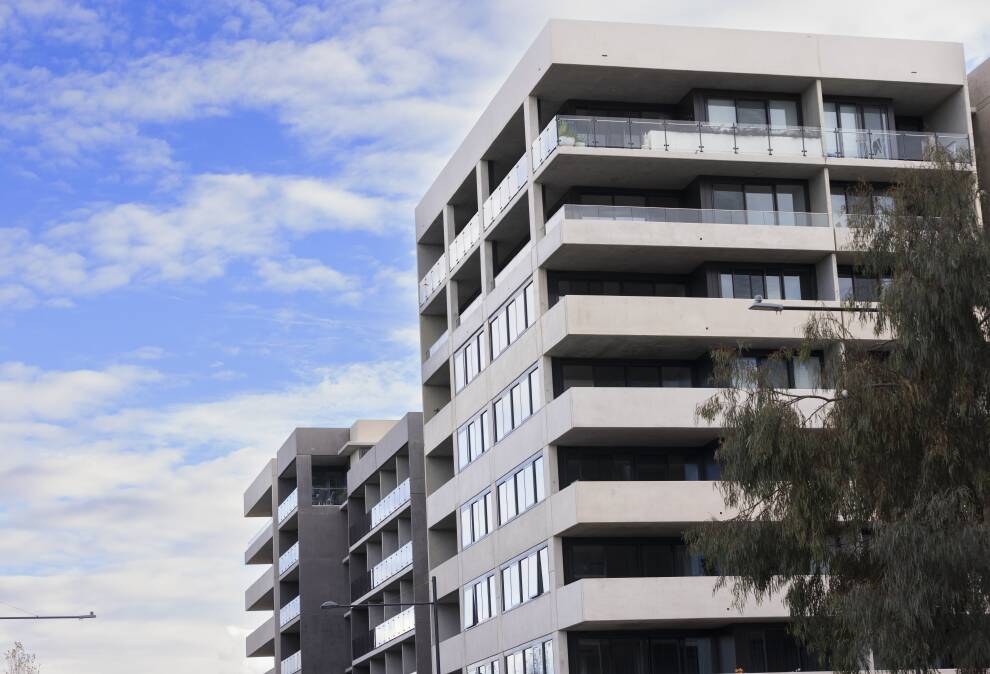Canberra has improved its economic performance according to a new report from Australia's largest banking group.
Commsec's quarterly State of the States report has revealed the ACT is now ranked second in terms of overall economic performance and has been fuelled primarily by strong equipment and housing investment.
This is a three-place improvement for the ACT on Commsec's last report which had the territory placed at five.
It is the best ranking for the ACT since October 2021.
The report also detailed the ACT led on housing investment compared to any other state or territory.
Victoria took out top spot in part due to a surge in retail spending, which over the March quarter was up 18.5 per cent compared to the prior corresponding period.
"In all of the eight states and territories, housing finance commitments are well above decade averages, the same result as the previous quarterly report. But home loans were above year-ago levels in only the ACT," the report reads.
"The ACT is now in top spot with the value of home loans up by 71.2 per cent on the long-term average."
Commsec economist Craig James said any of the top four performing economies have potential in topping the report in the next quarter.
"Any of the top four economies could top the leader-board in the next survey," he said.
"But momentum lies with Queensland. When looking at annual growth, Queensland had annual growth rates that exceeded the national average on all of the eight indicators."

The ACT alongside Victoria and Queensland had the fastest annual growth rates in two indicator categories.
Commsec flagged future performance would be determined on how each state and territory can cope with surging COVID-19 cases and the future impacts on rising interest rates.
On Friday, Westpac revised its interest rate prediction to 3.35 per cent from 2.6 per cent.
The upward revision is based on higher than expected inflation growth which is touted to surge to beyond 7 per cent.
Westpac expects the RBA to hike the cash rate by 50 basis points in August and September.
It expects the central bank will step down its monetary tightening to 25 basis points from October to February.







